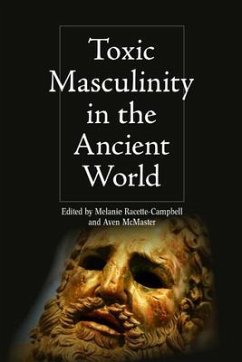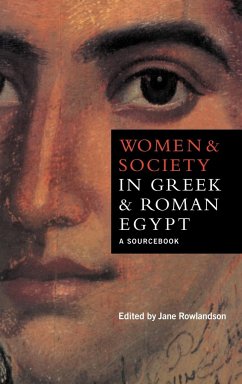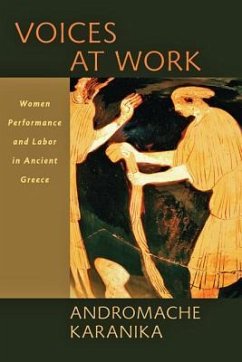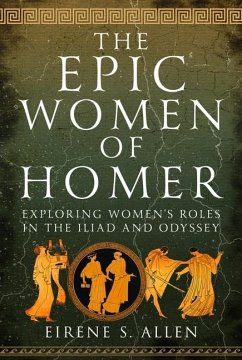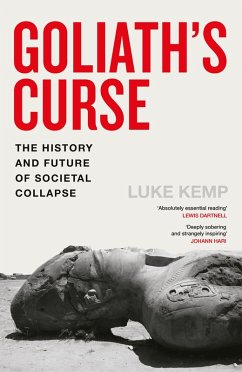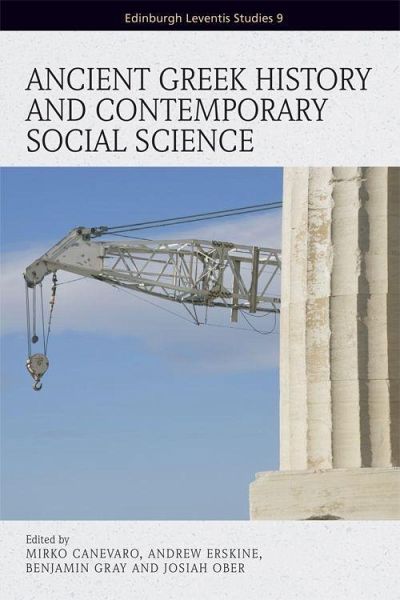
Ancient Greek History and Contemporary Social Science
Versandkostenfrei!
Versandfertig in über 4 Wochen
146,99 €
inkl. MwSt.
Weitere Ausgaben:

PAYBACK Punkte
73 °P sammeln!
Note: this will be printed as PPC (not jacketed, like previous volumes). Please move the text so that it's sitting 21mm from the spine. 'This volume is a manifesto for the implementation of the methods of social science in the field of ancient Greek history. After a methodological introduction by Josiah Ober that sets the debate, the nineteen chapters, followed by a conclusion by John Davies, beautifully illustrate the fruitfulness of the approach.' Alain Bresson, The University of Chicago Social science has been a source of fresh and productive approaches to understanding ancient Greece, whil...
Note: this will be printed as PPC (not jacketed, like previous volumes). Please move the text so that it's sitting 21mm from the spine. 'This volume is a manifesto for the implementation of the methods of social science in the field of ancient Greek history. After a methodological introduction by Josiah Ober that sets the debate, the nineteen chapters, followed by a conclusion by John Davies, beautifully illustrate the fruitfulness of the approach.' Alain Bresson, The University of Chicago Social science has been a source of fresh and productive approaches to understanding ancient Greece, while classical Greek history and culture has been a touchstone for social theorists since the nineteenth century. This innovative collection of essays surveys the current state of 'social science Greek history' and demonstrates the potential of this interdisciplinary field. Substantial bodies of work that have contributed in fundamental ways to our understanding of classical Greece and its cultural legacy were produced in twentieth century, by employing methods from anthropology, sociology and psychology. More recently, the use of quantitative methods and formal theory, drawn from contemporary political science, economics and sociology, has led to a new understanding of ancient Greek economic and political development. Meanwhile, normative considerations, drawn from contemporary political philosophy, have led to a richer understanding of Greek political thought and Greek institutional innovations - notably including democracy and the rule of law. This volume analyses and innovatively develops these different intersections between Greek history and the social sciences. Mirko Canevaro is Reader in Greek History at the University of Edinburgh. Andrew Erskine is Professor of Ancient History at the University of Edinburgh. Benjamin Gray is Lecturer in Ancient History at Birkbeck, University of London. Josiah Ober is Constantine Mitsotakis Professor in the School of Humanities and Sciences at Stanford University. Cover image: Crane appearing from behind marble Parthenon column, Athens, Attica, Greece (c) Nick Dale / Design Pics / Getty Images Cover design: [EUP logo] edinburghuniversitypress.com ISBN 978-1-4744-2177-5 Barcode





